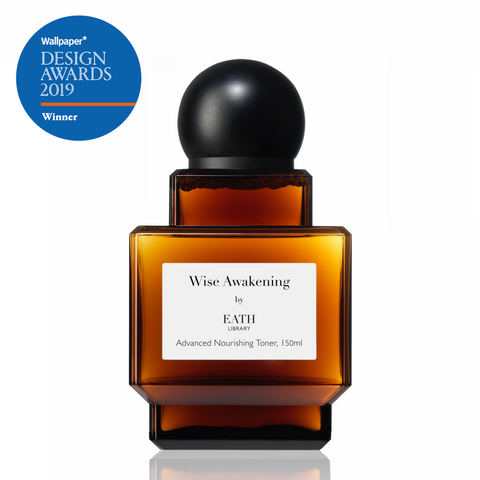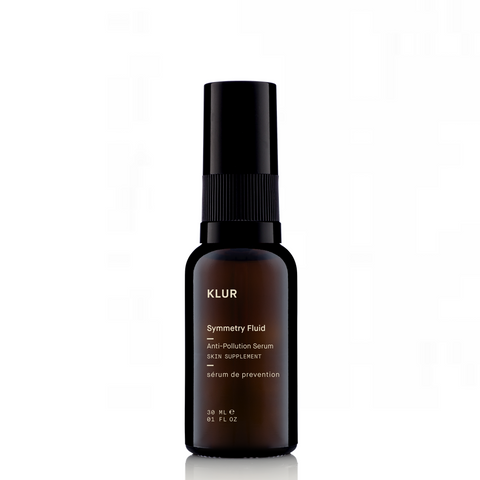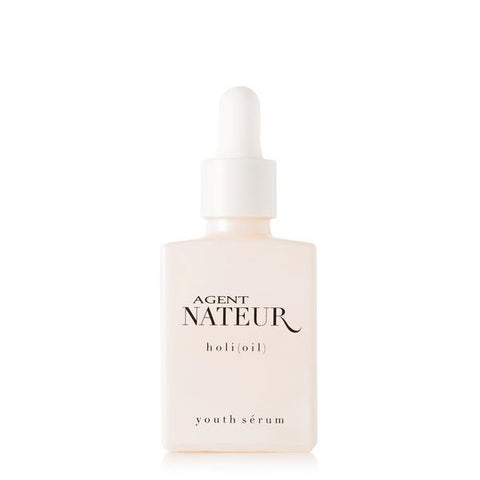Antioxidants, The Key To Fighting Skin Aging
April 21, 2021
What do UV radiation, pollution, dust, pesticides, alcohol, cigarette smoke, food, excessive exercises, and inflammation have in common? They create free radicals that in excess amount is the main cause of skin aging.
____________________________________
What Are Free Radicals?
Our cells are made of molecules that contain electrons that must stay in pairs to stay stable and healthy. Free radical is an unstable atom or molecule that is missing an electron. To make itself whole, it attacks the nearest stable molecule and steals an electron. This action not only leads to damages to all components of a cell, including DNA, proteins, lipids and its membrane, it also sets off a chain reaction of cellular disruption whereby the victimised molecule, now missing an electron, is transformed into a free radical.

Free radicals and other reactive oxygen species (ROS) have a necessary function for proper physiological function in the body——at a regulated amount, they can prevent bacterial, fungal and other pathogenic invasion from infecting the body. However, when there is an excess of free radicals in the body, they can create oxidative stress that manifest as diseases at certain ages determined by genetic and environmental factors, such as cancer, heart disease, Parkinson’s disease and Alzheimer’s disease. Our skin being the largest organ of our bodies, is obviously non-exempted.
Free radicals damage the skin by triggering chronic inflammations, as well as breaking down the collagen and elastin fibers in the skin. Although invisible to the eyes, this gradually slows down our skin’s natural rejuvenation process, and appears on the skin in the form of dryness, dullness, loss of elasticity, wrinkles, pigmentation, redness, itchiness, and even chronic conditions like eczema, rosacea, and psoriasis.
____________________________________
The Role of Antioxidants
To neutralise and prevent the damages caused by such free radicals, antioxidants scavenges the free radicals and offer up one of their electrons, thereby preventing healthy cells and tissues from breaking down. This halts the chain reaction of free radical production, thereby preventing oxidative stress and skin cell damages, and allowing our skin to heal and repair itself.

Now, our bodies naturally produce antioxidants, but they are not nearly enough to combat all the oxidative stressors that we are exposed to everyday. There is no way we can direct the antioxidants our bodies produce to our skin either.
This is where topical antioxidants from our daily skincare routine come in. Used in the mornings, they would help fight free radicals we are exposed to during the day; used at nights, they help repair the ongoing damages accumulated during the day, whilst stimulating the our bodies’ own natural production of antioxidants.

Product Recommendation
EATH LIBRARY
Wise Awakening Advanced Nourishing Toner <- Click to shop
____________________________________
Most Noteworthy Benefits Antioxidants Provide For The Skin
- Protects the skin from free radical damages
- Reduce and prevent the appearance of wrinkles
- Firm skin
- Brighten the complexion and lighten pigmentation
- Decrease inflammation level
- Sooth skin and reduce redness and irritations
- Help the skin repair itself
Here is the catch. There is more than one single type of free radical out there, which means they can attack different parts of the skin via different pathways. It is thus best to take a holistic approach, and supplement the skin with a cocktail of antioxidants, instead of focusing on one and hope for the best.

Product Recommendation
ANFISA
LILOU Radiant Hydra Balm <- Click to shop
____________________________________
Types of Antioxidants
It is impossible to list all the antioxidants, as there are thousands of different substances that can act as antioxidants, but here are some examples (some may even be broken down into over 600 different types):
- Omegas-3, 6, 7 and 9
- Vitamins A, B, C, D, E, and K
- Superoxide Dismutase
- Beta-Glucan
- Resveratrol
- Polyphenols
- Saponins
- Glutathione
- Ergothioneine
- Carotenoids
- Ferulic Acid
- Catechins
- Phenols
- Quercetin
- Flavonoids
- Triterpenes
- Minerals
Product Recommendation
KLUR
Symmetry Fluid <- Click to shop
Product Recommendation
MARIE REYNOLDS LONDON
Restore <- Click to shop
Product Recommendation
OUMERE
UV-R™ <- Click to shop
Product Recommendation
AGENT NATEUR
holi(oil) Ageless Face Serum <- Click to shop
Also in The Journal

The Anti-Aging Gold Standard: How Retinol Reshapes The Skin
November 12, 2025
Learn why retinol is the gold standard for anti-aging, how it works, what similar ingredients exist, and some common myths and misconceptions.

The Gut-Skin Connection: The Path to Healthy Skin
October 26, 2025
Acne, eczema, rosacea, and sensitivity can all be linked to the gut health, and even gluten? Learn all about the connection between the gut and the skin.

The Secret to Reversing Skin Aging! How Growth Factors & Peptides Help Turn Back the Clock
October 13, 2025
Tired of wrinkles, sagging skin, lack of elasticity, inflammation, dryness, and even hair loss? Learn how growth factors and peptides reverse skin aging.
+Recent Articles
-
The Anti-Aging Gold Standard: How Retinol Reshapes The Skin
November 12, 2025
-
The Gut-Skin Connection: The Path to Healthy Skin
October 26, 2025
-
The Secret to Reversing Skin Aging! How Growth Factors & Peptides Help Turn Back the Clock
October 13, 2025
-
The Best Ways and Times to Take Different Supplements
August 19, 2025
-
Luxury vs. Budget-Friendly Skincare Products——What Are Their Differences?
August 06, 2025
-
How to Prevent and Improve Post-Inflammatory Hyperpigmentation (PIH)
July 10, 2025
-
How to Prevent and Improve Post-Inflammatory Erythema (PIE)
July 08, 2025
-
The Ultimate Cleansing Guide to Improve Skin Conditions
June 03, 2025
-
Do You Have Sugar Face? How Does Sugar Affect Our Skin and Appearance?
May 20, 2025
-
Do You Have Gluten Face? How Does Gluten Affect Our Skin and Appearance?
April 15, 2025
Subscribe to get skincare knowledge delivered to your inbox!







